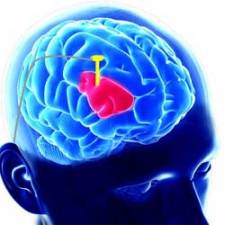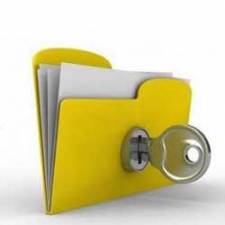Purpose
The purpose of this procedure is to ensure that all personnel involved in Quality Related positions are adequately trained and that training is analysed regularly as referred to in the quality manual and that records are maintained. The purpose is also to ensure that personnel are competent to carry out the work assigned to them and that they are aware of their contribution to the success of the EBME Department.
Scope
This procedure covers all aspects of training whether formal or informal
Definitions
• Training : The passing of all relevant information involving Quality related instruction whether formally or informally presented, given by a responsible or suitably qualified person.
• OJT: On the job training.
Responsibilities
It is the responsibility of the Quality Assurance Manager to ensure that all aspects of this procedure are adhered to and the responsibility of the EBME Manager to ensure that adequate resources exist for personnel to be trained to carry out the work of the Department.
PROCEDURE
 The EBME Manager is ultimately responsible for training throughout the department.
The EBME Manager is ultimately responsible for training throughout the department.
Most technologists within the department are fully qualified through external examination, training, and skills, through experience or OJT. They are capable of maintaining or repairing the wide range of equipment that falls within the responsibilities of the department. Training on all individual pieces of equipment is not documented. However where a person is considered to be competent on a range of equipments, (e.g. Suction or defibrillators), this will be documented on their training records. Also, where manufacturers training has been carried out, this will also be recorded in their training records.
The Chief Technologist also has responsibilities that are outlined in this procedure. All trained personnel must be evaluated on their competency when employed on work affecting quality. It is the responsibility of both the EBME manager and Chief Technologist to monitor technologists' competency and record it. Additionally, all personnel involved in quality will be adequately trained to carry out the activities associated with these procedures and in carrying out the quality policy. This too, will be recorded.
Training will be given in the comprehension of the Standard and its implications to all personnel in the EBME Department. This will be documented on their training records
Formal training courses will be given to all personnel involved in internal quality auditing. All other training that affects quality will be recorded. This includes management, technical, and administrative training. This will also include OJT where it is formally structured.
Training needs with the long term view of meeting corporate objectives is an ongoing function of the department but a more formal review of the Department's training needs will take place at least annually.
A satisfactory work environment will exist taking into account staff potentials, safety rules, location, facilities, hygiene, risk analysis results and temperature.
All equipment requiring planned maintenance and classed as high-risk by the EBME manager will require formalised competency based training (usually from the manufacture or their supplier).
In deciding whether equipment is high risk the EBME Manager must decide risk based on scoring each category 0-3 (0=none 1=low 2=medium 3=high):
- Difficulty to maintain
- Difficulty of operate
- Risk of incident in event of failure
- Risk of incident in the event of out-of-calibration
- Risk to technician when carrying out planned maintenance (H&S)
| Scores of: | 0-5 Low risk | 6-10 Medium risk | 11-15 High risk |
The Senior Manager and the EBME Manager will ensure that sufficient information technology, equipment, support services, and workspace are available for all trained personnel.
The longer-term effects of training will be assessed and recorded. The EBME Manager will evaluate the effectiveness of training or the Chief Technologist on all personnel who have attended training courses.
It is the responsibility of the EBME Manager to ensure that all personnel are aware of their contribution to the efficiency of the department and to the organisation and that they are aware of the relevance and importance of their workmanship.
Personnel are also made aware of how they contribute to the objectives set by the EBME Manager (see Policy Manual).
It is the responsibility of the EBME Manager to ensure that all personnel receive the training applicable to their quality activities. This includes certain aspects of manufacturer training when applicable to devices they maintain.
Though it is the responsibility of the Personnel Department (outside the scope of this system) to cover Induction Training, Departmental Induction Training will be also be given to all personnel and recorded on their Training records.
It will cover: Quality management; Health and safety; Fire escapes; Alarms and drills; Fire extinguishers; First aid and emergency action; Filing Systems; records and documentation; Smoking; Where to find work instructions; Location of important items such as test equipment and stores; Lunchtimes and working hours.
It is the responsibility of the EBME Manager to maintain records of training whether formal or informal and retain them on the Quality file.
The Senior Manager will ensure that all technologists operate under a suitable work environment enabling the EBME Manager to implement good workshop practices, and that the infrastructure ( for example equipment, software, hardware, training and supporting services) is appropriate to the needs of the Department (Including storage and stores arrangements).








